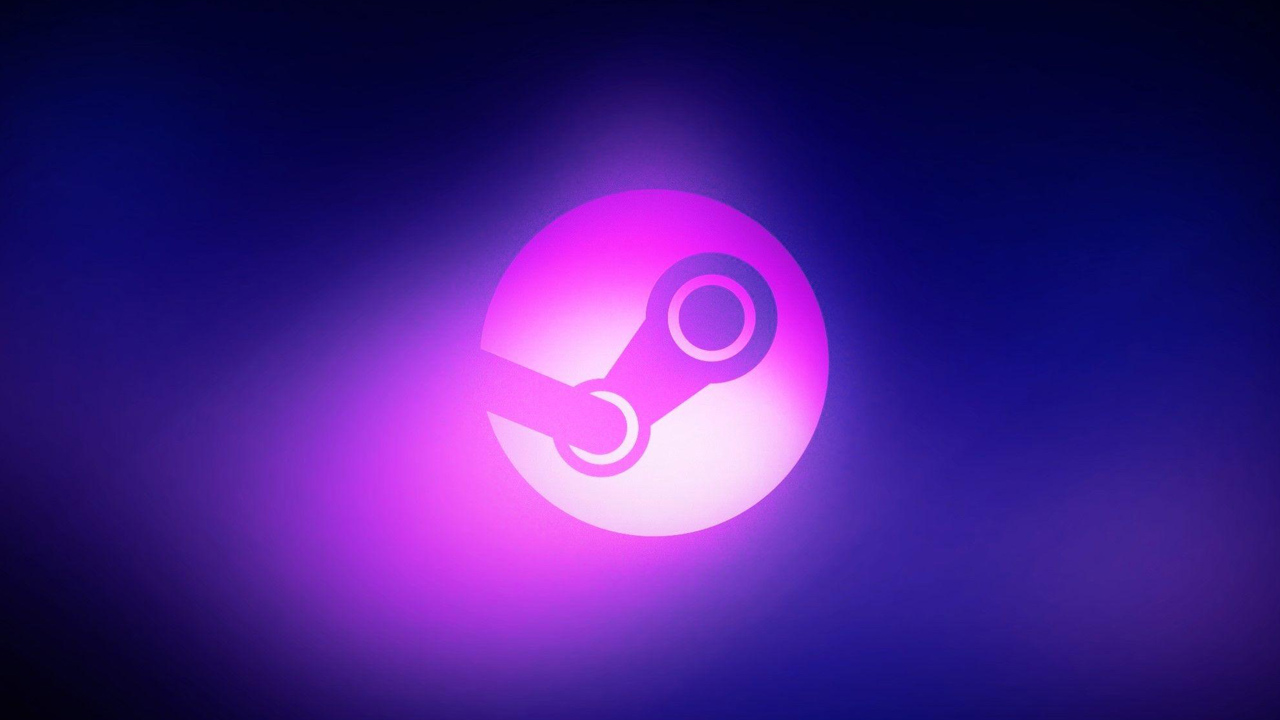
Immutable has wound down its NFT marketplace to allow marketplaces within its ecosystem to flourish.
In this week’s newsletter, find out why Immutable has retired its non-fungible token (NFT) marketplaces and why Kanpai Pandas NFTs floor prices dropped after the team’s involvement in a Donald Trump-themed token. Check out why an executive believes Web3 gaming needs a Steam-like platform, and, in other news, big companies are continuing to develop metaverse hardware.
NFT and gaming blockchain Immutable shut down its marketplace to focus on expanding its ecosystem. On Aug. 8, the network announced that it would wind down its marketplace operations on Aug. 13.
The company said it would support other marketplaces within its ecosystem instead of competing with them. The team highlighted that the Immutable marketplace was initially created to showcase what was possible with the Immutable software development kit.








